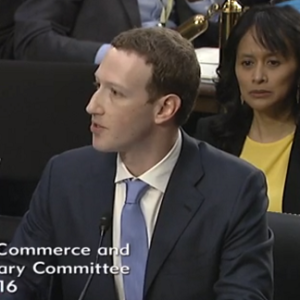
‘Financial Exposure’ Showcases Tax Misconduct by Powerful Individuals and Corporations
The story of tireless congressional staff uncovering brazen misdeeds by powerful individuals and corporations in Elise J. Bean’s Financial Exposure has an anchoring quality in the context of rampant scandal that has come to characterize today’s politics. Bean’s account reiterates the point that tax avoidance and tax evasion were endemic to our financial system long before allegations against a sitting president brought them to the forefront of the public consciousness.
While the Permanent Subcommittee on Investigations (PSI) is an investigative body rather than a policymaking one, the inquiries into abusive tax shelters, secretive banking practices, and corporate tax avoidance that Bean describes illustrate some of the central policy problems plaguing the American tax system.






